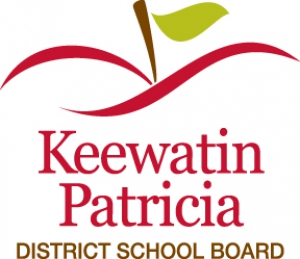KPDSB students take 1st and 3rd place in Provincial Skills Competition
26 Apr. 2024
File a report now.
Apply today.
Restorative Practices in KPDSB
Since 2007, schools within the Keewatin-Patricia District School Board have been incorporating restorative practices into the fabric of their school cultures in order to deal with issues of discipline and conflict. Restorative practices, founded in the traditions of Africa, Australia, and Aboriginal cultures of North America, are being increasingly utilized around the globe as proactive responses to bullying and other acts of harm and misbehaviour in school settings. When restorative practices are used and become embedded in the life and culture of schools, research is beginning to show that:
- incidents of harm lessen and the need for punitive sanctions such as suspensions decreases;
- issues relating to the underlying causes of student misbehaviour are more effectively addressed and solutions are more apparent;
- classroom atmosphere is more conducive to learning and student success is enhanced; and
- restorative practices have a real impact on student retention in the school community.
The main focus of restorative practice in school communities is to encourage the use of preventative approaches to manage conflict and tensions, by focusing upon repairing harm and strengthening relationships. By engaging in a continuum of practice based on restorative thinking, principals, teachers and others in the school community have a range of approaches to address incidents of harm, tensions and other situations. Restorative circles also can be used to enhance relationships in the classroom by providing students with an opportunity to talk about issues that are on their mind such as bullying, social conflict, or for just getting to know each other better.
Restorative practice is grounded in the premise that strong, responsive relationships are key to building and maintaining healthy school communities. In restorative practice-based schools, the aim of repairing harm, strengthening relationships and reintegrating students becomes the lens by which misbehaviour and incidents of wrongdoing are viewed.
A key feature supporting the use of restorative practice in our schools is the relationship between KPDSB’s Character Development programs and restorative practices. Values such as respect, kindness, responsibility, honesty, and bravery are closely connected to the values and processes behind restorative practices. Restorative approaches become a practical way in which students, school staff, parents and others associated with the school community can apply those values on a daily basis. The growth in the application of Restorative Practices in schools is also supported by the changes to the Safe Schools Act and its emphasis on progressive discipline and in the use of preventative interventions and alternatives to suspension programs in the province. These measures also parallel changes to the Youth Criminal Justice Act which recognizes Restorative Practices as an effective alternative to sentencing.
